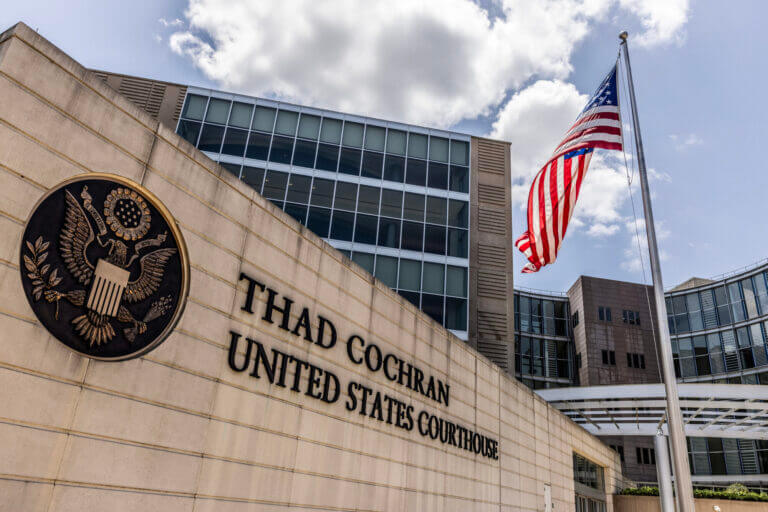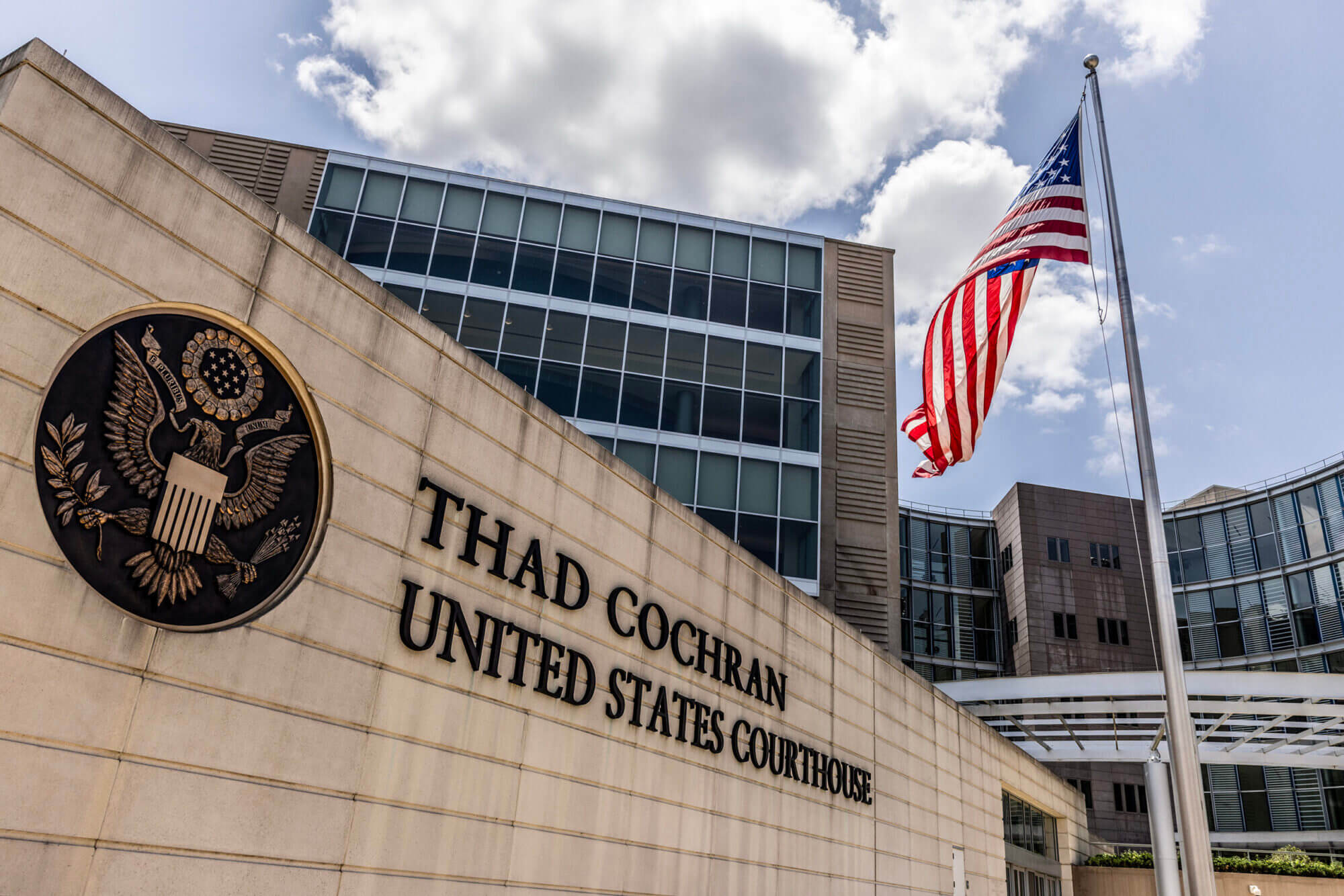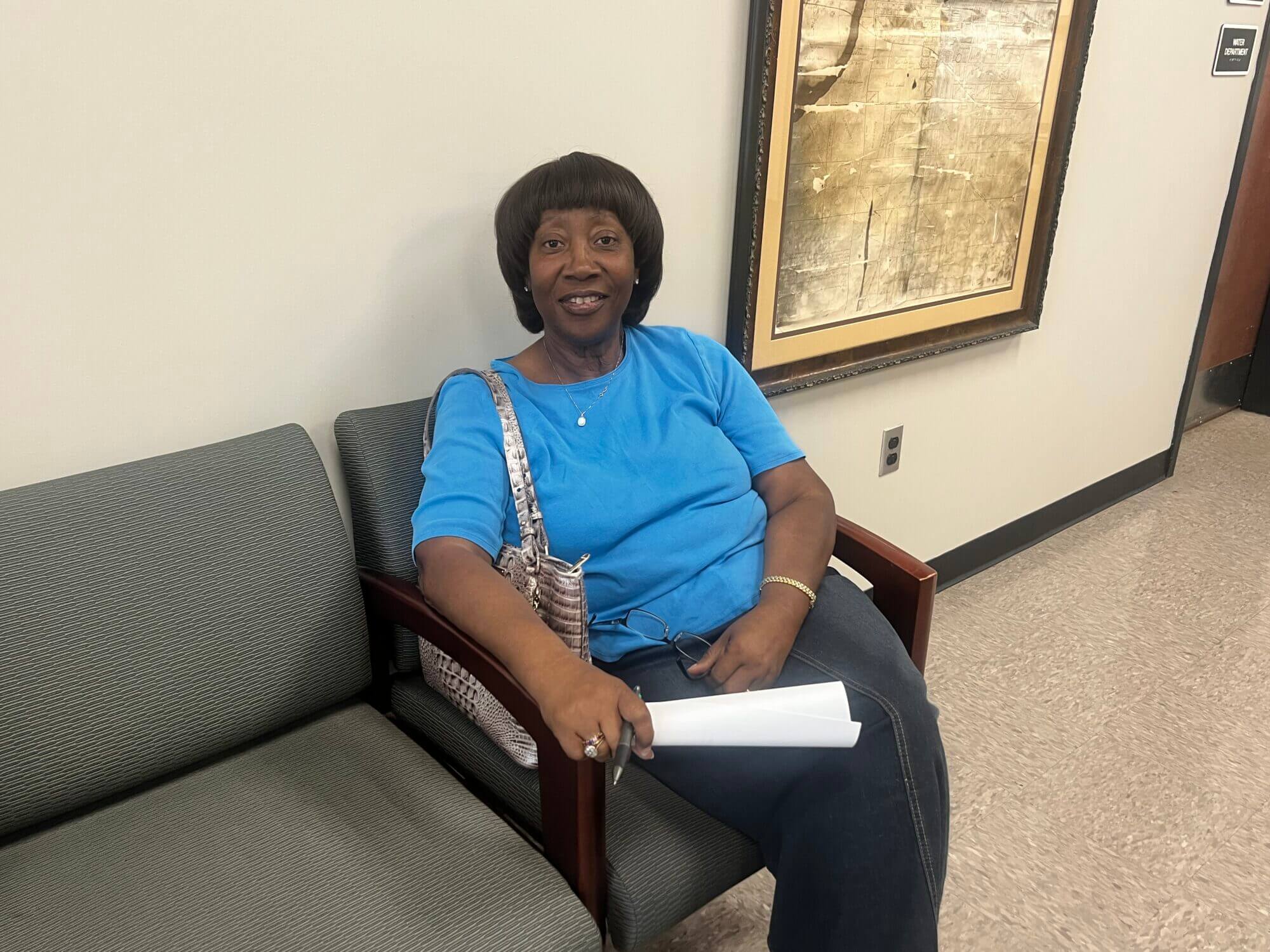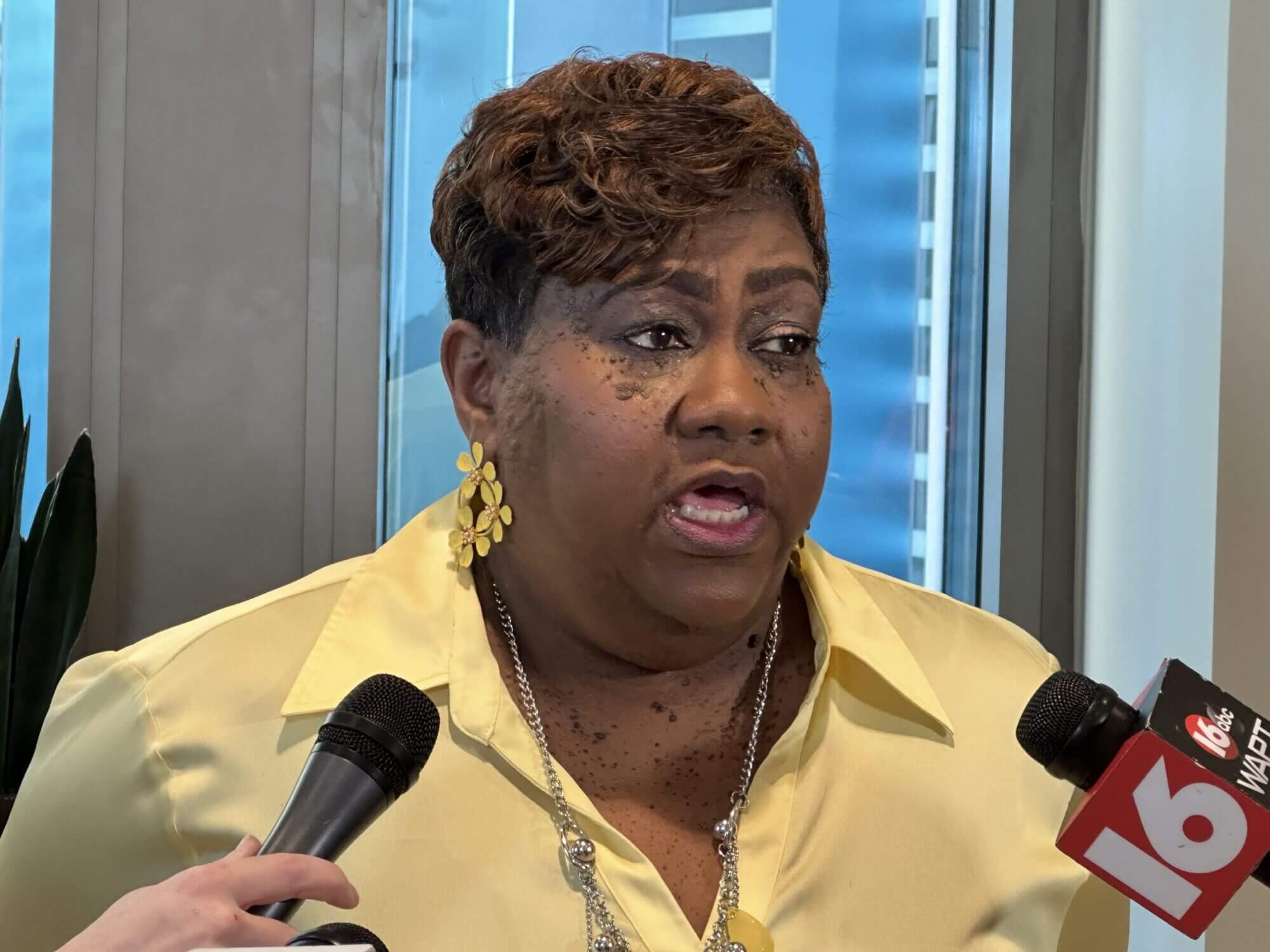

“Perfection is not the standard” when it comes to desegregation, the attorney for Rankin County School District told a federal judge this week as he sought to end a four-times-amended desegregation order the system has been under for 55 years.
The district is “practically unrecognizable,” John Hooks said Tuesday in U.S. District Court in Jackson. There aren’t “Black” and “white” schools in the district with mostly Black and white staff and students.
But plaintiffs who sued the district in 1967 for maintaining a segregated school system weren’t convinced. And their attorneys through the Legal Defense Fund had experts in tow along with student and faculty data to provide evidence for what they long experienced: vestiges of a dual school system that treated Black students and staff differently.
“They want it gone so they can do what they want to do here,” one of the plaintiffs, Janie McLaurin-Wheaton, said of the district’s most recent effort to free itself of the desegregation order.
A hearing was called to determine whether Rankin County School District should be released from its desegregation order. U.S. District Judge Kristi Johnson can call for the case to go to trial or rule on the issue.
Three years before most Mississippi schools integrated, Black parents and students sued the school district for maintaining a segregated school system for Black and white students.
The federal court set down a plan for the district to integrate in 1970, 1973, 1978, and 2012. In 2019, the district was able to prove to the court that facilities and busing were equitable for Black and white students, leaving student and staff assignments, extracurricular activities and student discipline still out of compliance with the court order.
“Every nook and cranny of the district’s operations have been inspected by the DOJ and the (Legal Defense Fund),” Hooks said of the Department of Justice and the legal aid group representing the interest of Black parents.
First outlined in the 1970 order and further clarified in the 2012 order, the district had to maintain a balance of Black and white students in each school that was within 20 percentage points in either direction of their percentage districtwide.
In the last five years, the white student population in the district has decreased from about 68% to 63% while the Black student population has increased from 25% to 29%.
At Flowood Elementary in the last 10 years, the Black student population has increased from 23% to 34%, the white population has decreased from 66% to 42% and the population of students of other races has increased from 11% to 24%.
“After six decades, the Rankin County School District has arrived,” Hooks said. The district was looking forward to integrating “not just in fact but also in law.”
He also acknowledged the courage of the plaintiffs, who he said “are in large part why we’re here today.”
More than an old piece of paper

Credit: Leonardo Bevilacqua/Mississippi Today
McLaurin-Wheaton remembers when she joined the lawsuit against the school district as a Brandon student 58 years ago. She also recalls a teacher calling her “negress” and white female students shoving her in the restrooms.
She and her mother joined the suit because she wanted the quality public education then reserved only for white students in the county. As a result, she was able to secure positions that were out of reach previously for Black applicants at the Rankin County Tax Assessor’s Office.
“It’s crazy that it’s still going on,” she said outside the courtroom. “It’s something my children had to go through, and now my grandchildren.”
In court, McLaurin-Wheaton was joined by Angela English, head of the Rankin County NAACP.
“It’s been 55 years since the 1970 court order, and here we are in court about the same things,” English said. “It is important that we hold the school district accountable. There are still multiple school districts that are segregated and Black (applicants) that are being overlooked in the hiring process.”

A desegregation order is more than just a request for annual reporting. Parents and community members can invoke it to seek to put a stop to discriminatory practices in their district.
It put a stop to the disproportionate jailing of Black students at Meridian Public School District for throwing spit balls and for other minor infractions while white students with the same disciplinary background got off with lighter sentences. It forced an Arizona district to continue offering a Mexican American Studies course to engage a large Latino student population after the district pulled it.
The Department of Justice under President Donald Trump has signaled willingness to release more school districts from desegregation orders. More school districts were released from desegregation orders during Trump’s first administration than under the past four presidents.
With Copiah County School District’s release from its desegregation order in August, Mississippi now has 29 districts remaining under such orders. In the last 10 years, Justice Department officials have visited Rankin County schools at least twice to check for progress.
What they knew
In the cross examination of Assistant Superintendent Amanda Stocks, the plaintiffs’ attorney pointed out the district checked the references for a white applicant for a job but not the Black applicant, who was not hired for the position despite receiving the same score after her interview as her white counterpart.
An investigative report undertaken by Erica Frankenberg, a researcher on racial desegregation, found the district had missed between 20 and 30 opportunities to diversify its staff, passing on qualified Black applicants in favor of white ones.
The district currently has one Black teacher in the gifted and talented program.
McLaurin-Wheaton said she encouraged a Black person to apply for a music teacher position at the schools in Pigsah but was told after a few weeks with no response by the district that the position had been already filled. English said the district had not started recruiting for teachers on the campus of Jackson State University until last year.
“Some leadership positions are not open to Black staff,” said the plaintiffs’ attorney.
In some cases, Stocks argued, the district hired Black applicants for different roles than what they had applied for. Therefore, she said, the data about teacher hiring was not entirely accurate. She also noted the district’s recent efforts to recruit from Historically Black Colleges and Universities through targeted radio ads.
The plaintiffs also questioned her about why 24 of the 25 approved inner-district transfers to Pisgah High School were white, resulting in the school falling out of compliance by having an overrepresentation of white students the following year.
Stocks attributed the change in part to state law that allows district employees to transfer their kids to the community schools where they work.
Florence Elementary and Middle, Flowood Elementary, and Pisgah Elementary and High schools fell out of compliance this year by 1-3 percentage points. In past years, they have similarly fallen out of compliance with white students overrepresented, except at Flowood Elementary, where they were underrepresented.
‘In Good Faith’
The plaintiffs’ attorneys also raised the issue of white students overrepresented on the cheer team as well as part of other student extracurricular activities and student programming.
Florence High and McLaurin High schools each has one Black cheerleader, while Puckett High School has none. Though Black students made up nearly 29% of the district student body in the 2022-2023 academic year, the Black student population of the gifted and talented program was about 12%, the plaintiffs’ attorney said.
The district offered statistics meant to demonstrate the district’s progress toward providing a quality education to minority students.
Brandon Elementary was designated a National Blue Ribbon School for closing the achievement gap for Black students in 2021, Hooks, the district’s attorney, told the court. Black students post higher graduation grades and lower drop-out rates in the district.
Stocks also spoke of Teacher Leadership Training, an initiative in which faculty are “educated on matters of the heart,” on different ethnicities, “celebrating diversity,” and being “sensitive to other cultures.”
“I’m convinced the district will continue to do the work,” Stocks said. “Everything we do is done because we believe it’s right for our students and for our staff. Things have been brought to our attention and we’ve acted up on it in good faith.”
“Families feel welcome by teachers that look like them,” she added to qualify her support for encouraging diversity among the staff.
- State fire marshal is investigating troubled Unit 29 at Parchman prison - February 26, 2026
- Mississippi’s Winter Storm Fern losses exceed $107 million, state insurance department says - February 26, 2026
- DNA evidence linked to a Greenville homicide is missing. Now the finger-pointing begins - February 26, 2026